 Deciding to explant can be a nerve wrecking decision, to say the least. Anxiety, anxiousness and fear get the best of us.
Deciding to explant can be a nerve wrecking decision, to say the least. Anxiety, anxiousness and fear get the best of us.
“What if something happens to me during surgery?”
“Will my husband still be attracted to me?”
“What if I’m completely flat or deformed?”
These are all totally normal thoughts and concerns.
I’m a believer in the power of the mind, and how it’s one of the most powerful tools you can use to your advantage to turn any circumstance or situation around.
Instead of focusing on what could go wrong or what you don’t want (regarding any area of life), you want to focus on only positive outcomes and what you do want.
“I don’t want to be in pain after surgery. It’s not going to be a slow or difficult surgery.“, is incorrect.
“I’m going to feel amazing after my surgery! It’s going to go by quick and everything will go smooth!”, is correct.
You don’t want to say words like pain, slow and difficult. Instead you want to choose words that you want, like amazing, quick and smooth.
Make sense?
Your body picks up on words.
Words carry a vibration.
That vibration will either empower you or weaken you – quite literally.
Here are eight things that’ll help emotionally prepare you for surgery:
1. EFT or emotional freedom technique. Brad Yates is one of the most popular EFT leaders and teachers you can learn from. Essentially, emotional freedom technique is a healing technique that can cure physical, emotional and performance problems. When correctly performed, EFT combines the benefits of conventional cognitive therapy with the physical benefits of meridian stimulation. The idea behind EFT is that emotional stress can diminish the body’s natural healing ability. The technique utilizes the Chinese meridian system, which consists of a complicated network of energy circuits running through our bodies. EFT utilizes two simultaneous processes: while we concentrate on the specific emotional, physical or performance issue to be fixed, we tap certain meridian points on our body with our fingertips. Tapping, as it’s also called, is very easy to learn and can be used anytime and anywhere.
2. Visualization and Meditation. In an eight week study, a meditation called “Mindfulness Meditation”, reduced the inflammation response caused by stress. Meditation has also been shown to reduce anxiety, decrease blood pressure and improve sleep. Visualization can go hand in hand with meditation! While you’re sitting in a quiet place, visualize yourself full of energy, strong and happy. Visually take yourself through a fun filled day doing all things that you haven’t been able to do in a while. If you can see it, you can achieve it. You’ll see it when you believe it – not the other way around.
3. Journal. If you’re too fidgety or meditating isn’t your thing, writing in a journal is good way to get your feelings out on paper. Journaling alone is therapeutic, and is a good way to get things out of your head and out in front of you. Journaling about your feelings, symptoms and what you look forward to will be interesting to look back at one day.
4. Communicate as much as possible. Bottling things up inside is not healthy. If you’re feeling nervous, scared or anxious about your surgery or symptoms, speak to someone about it. I have a safe Facebook group, Breast Implant Illness Rejuvenation And Education By Christina, that is full of women just like you. They are on all walks of their journey. Some are waiting to explant, some just discovered Breast Implant Illness and some have explanted and are looking for support with recovery and healing. If you don’t have anyone to talk to, we welcome you.
5. Don’t get consumed or side tracked by other peoples story’s. Something I did while waiting for my surgery, that I wish I wouldn’t have, was listening to too many peoples story’s about their explant surgery. Some story’s were so horrific! Everything from leaking implants, longer than expected surgeries, to infections afterwards – I was freaking myself out. I know the feeling of being excited and nervous about your explant, but be careful and mindful what you expose yourself to on social media and online.
6. Watch funny movies. Laughing is so good for the body! Did you know that laughing has been shown to boost your T-cell count? T-cells are specialized immune system cells that fight off sickness. Laughing also releases endorphines, eases anxiety and tension and improves your overall well-being. Plus, laughing just feels good. When was the last time you had a good belly laugh?
7. Have faith and release what you can’t control. As much as I’m a control freak who likes to know what’s going on at all times, I’m also really good at letting go of what I have no control over. When I hear someone tell me that they’re worried about surgery or about the way they’ll look, I find myself reminding them that no matter what they do or how well they plan for surgery, these two things are ultimately out of their control. No matter what you do, how much you plan or how much you worry, it won’t change or help anything. All you can really control are your emotions, thoughts and actions.
8. Learn as much as you can about the procedure and your surgical team. Like I mentioned above, peace of mind and knowing how things work is what helps me emotionally. I do not like to be in the dark, especially when it comes to my health and safety. During your consultation ask questions, get to know your surgeon, get familiar with the procedure and what to expect afterwards.
Is there something you do that I didn’t mention? Comment below and tell me.
If you’re on Facebook, join my community Breast Implant Illness Rejuvenation and Education With Christina
Not on Facebook? Find me on Instagram!
here’s to newfound health, rejuvenation and massive self-love,
🖤Christina Dennis

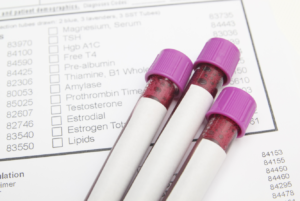 Why is it that some women get ill from their breast implants, while others can have them 10+ years and only have one to two symptoms?
Why is it that some women get ill from their breast implants, while others can have them 10+ years and only have one to two symptoms?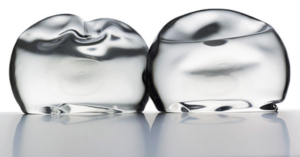 Patient: “I want to remove my breast implants, I think they’re making me ill.“
Patient: “I want to remove my breast implants, I think they’re making me ill.“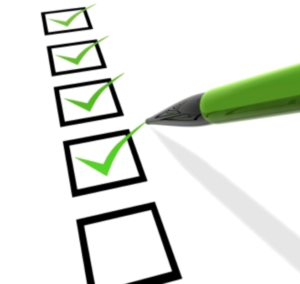 I polled
I polled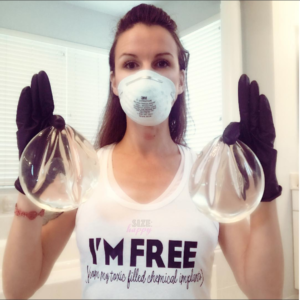 Regardless if you have silicone or saline breast implants, it’s actually the shell that is full of toxic chemicals – not just what’s inside.
Regardless if you have silicone or saline breast implants, it’s actually the shell that is full of toxic chemicals – not just what’s inside.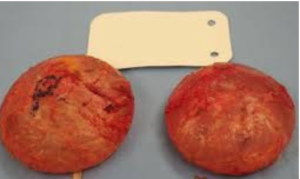 En Bloc: all together or all at the same time.
En Bloc: all together or all at the same time.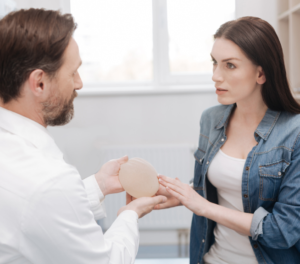
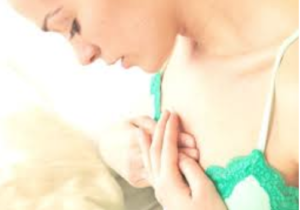 Before I get into the laundry list of possible Symptoms and Side Effects associated with BOTH silicone and saline breast implants, I want to mention a few important things.
Before I get into the laundry list of possible Symptoms and Side Effects associated with BOTH silicone and saline breast implants, I want to mention a few important things. I receive a lot of questions each week in regards to the best ways to detox pre and post explant.
I receive a lot of questions each week in regards to the best ways to detox pre and post explant. If you’re anything like me (and you haven’t explanted yet) you probably read everyones story after they explanted, fascinated by how good they feel and look immediately after surgery.
If you’re anything like me (and you haven’t explanted yet) you probably read everyones story after they explanted, fascinated by how good they feel and look immediately after surgery.